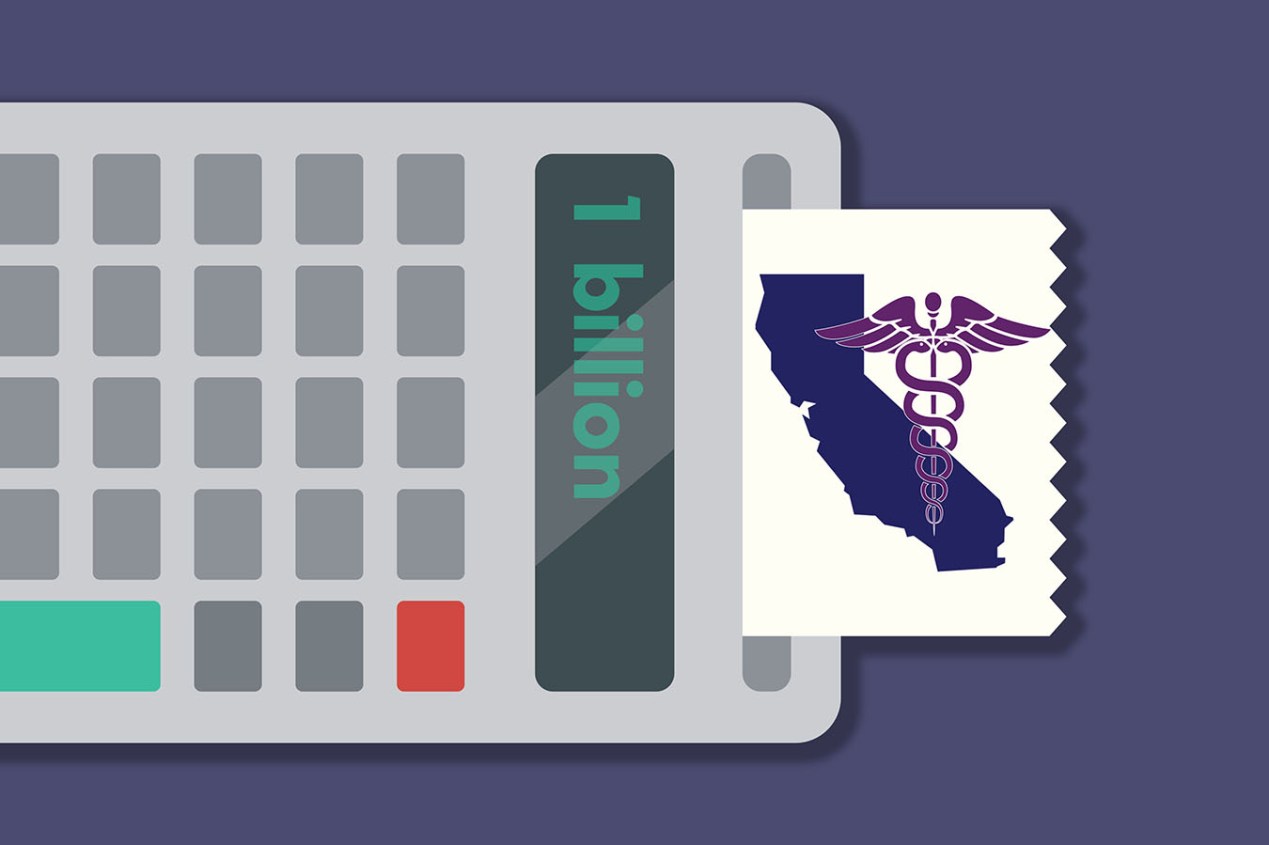Federal auditors estimate that California may have paid nearly $1 billion in 2014 and 2015 to provide Medicaid benefits for people who were ineligible for the government health program, according to a new report from the Department of Health and Human Services’ Office of the Inspector General.
The report is yet another sign of the difficulty California has faced in determining who qualified for Medicaid following the program’s expansion under the Affordable Care Act in 2014.
California health officials, whose response was included in the audit report, said the potentially improper payments stemmed from a near perfect storm of events: a large increase in the number of Medicaid applicants and major policy changes brought on by the ACA, errors by caseworkers, and ongoing problems with the state’s computer system for determining eligibility.
Tony Cava, spokesman for the California Department of Health Care Services, which oversees Medi-Cal, said the department “mostly agrees” with the auditor’s recommendations and has implemented or is working on “appropriate corrective actions.”
Medicaid — known as Medi-Cal in California — is the country’s largest health insurance program and serves largely low-income Americans. Many states expanded Medicaid to cover millions more people under the ACA. Today, about 13 million people — 1 in 3 Californians — are covered by Medi-Cal.
Other states have faced similar challenges in vetting Medicaid applicants: A federal audit of Kentucky’s Medicaid program estimated that the state paid tens of millions to cover potentially ineligible people.
California’s enthusiastic push to get as many people as possible covered through the ACA “was a heavy lift,” said Deborah Kelch, executive director of Sacramento-based advocacy group Insure the Uninsured Project.
“We knew that it was a lot of system change that was going to be required,” Kelch said. “We need to prioritize coverage, but we obviously need to do it within state and federal law, which is everyone’s intention.”
The California audit focused only on people who were eligible for Medicaid before the Affordable Care Act, not those who were added to the rolls in the ACA’s Medicaid expansion. Under pressure to add millions of newly eligible Californians, state officials struggled to also determine the eligibility of people applying — or renewing — under pre-expansion rules.
Auditors examined a random sample of 125 cases from a population of more than 7 million Medi-Cal recipients and extrapolated based on their findings in those cases. The cases included both fee-for-service and Medi-Cal managed-care patients.
The auditors estimated that from October 2014 to March 2015 California made payments of $959.3 million in federal and state money on behalf of 802,742 ineligible beneficiaries and $4.5 billion on behalf of 3.1 million beneficiaries whose eligibility could not be documented.
Because of the small sample size and the statistical methods they used, the auditors acknowledged that the number of ineligible Medi-Cal recipients could be as low as 401,400 or as high as 1.2 million, and the amount spent on their medical care could range from $545 million to $1.6 billion.
It’s not the first time regulators have highlighted California’s ongoing problems with verifying Medi-Cal eligibility. In October, California’s state auditor found “pervasive discrepancies” in enrollment leading to questionable payments to managed-care providers who contract with the state to treat Medicaid patients. Federal auditors in February also noted that California mistakenly enrolled thousands of patients in its Medi-Cal expansion under the ACA.
It is up to the Centers for Medicare & Medicaid Services to decide whether California should reimburse the federal government for any of the questionable payments, federal officials said.
This story was produced by KFF Health News, which publishes California Healthline, an editorially independent service of the California Health Care Foundation.
